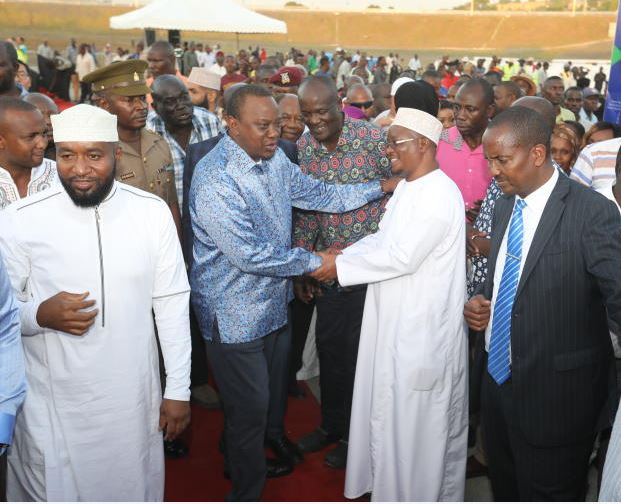×
The Standard e-Paper
Stay Informed, Even Offline

In late 2016, a small group of civil society actors gathered at the Freedom Corner at Uhuru Park, in a public protest against corruption. They had brought with them banners with the words, “Act now or resign,” a message directed at President Uhuru Kenyatta.
They soon encountered police who lobbed teargas at them, quickly dispersing them even before their protest had started.